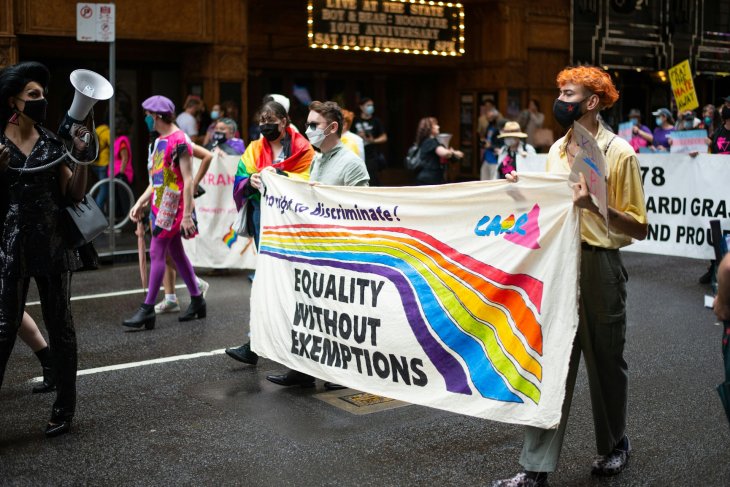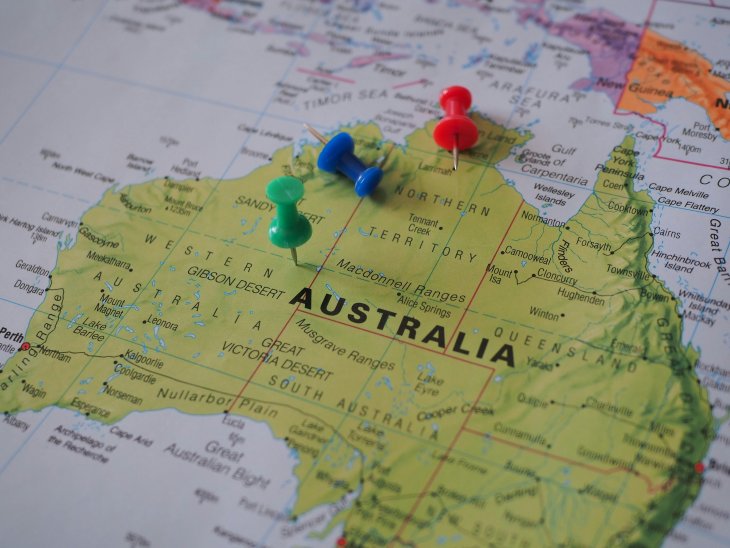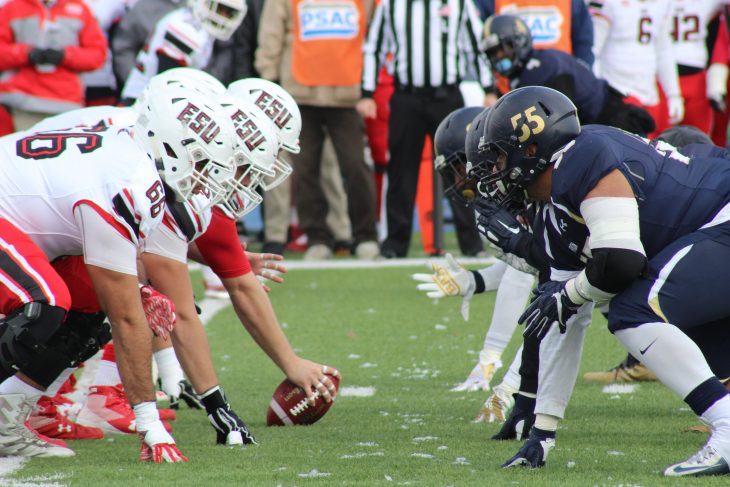The LGBTQ+ community has always been a vibrant and diverse group of individuals, with its members sharing a common bond of marginalization and struggle. Unfortunately, this sense of camaraderie has also led to an alarming trend of substance abuse and addiction among community members, particularly in the Los Angeles area.
However, there is hope. With the right resources and support, LGBTQ+ individuals can overcome addiction and achieve long-term sobriety. Keep reading to explore the unique challenges that the community faces in sober living and provide tips and resources for those seeking to lead an addiction-free lifestyle.
Challenges Facing the LGBTQ+ Community in Achieving Sobriety
One of the biggest challenges LGBTQ+ individuals face when trying to achieve sobriety is the prevalence of bars and clubs in the community. These establishments can be a breeding ground for substance abuse and can be particularly tempting for those struggling with addiction. Moreover, the pressure to fit in and conform to social norms can lead individuals to engage in risky behavior and experiment with drugs and alcohol.
Another challenge that members of the LGBTQ+ community face is the stigma and discrimination they experience in society. Discrimination and marginalization can lead to feelings of isolation and despair, which can, in turn, lead to substance abuse. Moreover, the trauma that many LGBTQ+ individuals experience due to discrimination can also contribute to addiction.
Tips for Achieving Sobriety in the LGBTQ+ Community
While sobriety can be challenging, it is possible with the right resources and support. Here are some tips for those seeking to lead a sober life in the LGBTQ+ community:
- Seek Out Supportive Communities: One of the best ways to achieve sobriety is to surround yourself with supportive and understanding people. Look for LGBTQ+ sober groups or meetings where you can connect with others who are going through the same struggles as you. These communities can provide a sense of belonging and camaraderie essential in achieving and maintaining sobriety.
- Find a Supportive Therapist: Working with a therapist who understands the unique challenges facing the LGBTQ+ community can be incredibly helpful. A therapist can help you work through the trauma and discrimination that may have contributed to your addiction and provide tools and strategies for maintaining sobriety.
- Be Mindful of Triggers: Be mindful of the situations and people that trigger your desire to use drugs or alcohol. If you know that a particular bar or club is a trigger for you, avoid it. If you have friends who use drugs or alcohol, consider distancing yourself from them or talking to them about your sobriety.
- Take Care of Your Mental Health: Sobriety is not just about abstaining from drugs and alcohol; it’s also about taking care of your mental health. Make sure to prioritize self-care activities, such as exercise, meditation, or spending time with loved ones. And don’t be afraid to seek professional mental health support if needed.
Alcohol Rehab in the LGBTQ+ Community
If you or a loved one is struggling with addiction, seeking professional treatment can be life-saving. Fortunately, several alcohol rehab centers in the Los Angeles area specialize in serving the LGBTQ+ community. These centers offer various services, including detoxification, individual and group therapy, and aftercare support.
One such center is The Stonewall Project, a program of the San Francisco AIDS Foundation that provides substance abuse treatment services to LGBTQ+ individuals in the Los Angeles area. The program offers a range of services, including group and individual counseling, harm reduction education, and HIV testing and treatment.
Another option is the LGBTQ Center in Hollywood, which provides LGBTQ+-friendly addiction treatment services. The center offers a myriad of services, including individual and group therapy, case management, and medical and psychiatric care.
When choosing an alcohol rehab center, it is essential to look for a program that understands the unique challenges facing the LGBTQ+ community. These challenges may include trauma related to discrimination, internalized homophobia, and issues related to gender identity and sexual orientation. A program that considers these factors and offers culturally sensitive care can make all the difference in a person’s recovery journey.
Achieving sobriety can be difficult, but it is possible with the right resources and support. In the LGBTQ+ community, the prevalence of bars and clubs and the discrimination and marginalization that members face can make achieving sobriety even more challenging. However, with the right tools and strategies, individuals can overcome addiction and lead fulfilling lives.
If you or a loved one is struggling with addiction, remember that help is available. Reach out to supportive communities, find a therapist who understands the unique challenges facing the LGBTQ+ community, and be mindful of triggers. And don’t be afraid to seek out professional help, such as an alcohol rehab center, if you need it. As a community, we can support one another in achieving and maintaining sobriety. Let’s celebrate our diversity and find the rainbow in the storm of addiction.






















